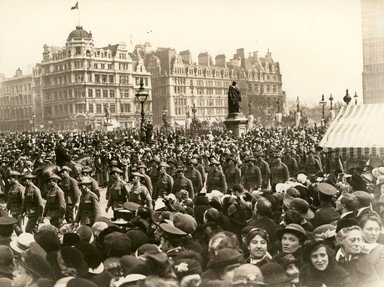Quiz Answer Key and Fun Facts
1. What was remarkable about the Turkish Janissaries?
2. What was the name of the poison that killed Socrates?
3. What was the meaning of the word Khan in Mongolian names such as Ghengis Khan and Kublai Khan?
4. How come Beethoven's name is actually written VAN, and not VON Beethoven?
5. In what situation did Marco Polo's 'travel book' come into being?
6. What did Otto the First of Germany do to or for Pope John XII, one year after the Pope had crowned him as Holy Emperor?
7. What did Pope Urban II promise to the participants of the First Crusade ?
8. What's the original meaning of the name Hebrew?
9. What was an exchequer?
10. What was the official profession of the French clairvoyant Nostradamus?
Source: Author
flem-ish
This quiz was reviewed by FunTrivia editor
Beatka before going online.
Any errors found in FunTrivia content are routinely corrected through our feedback system.
